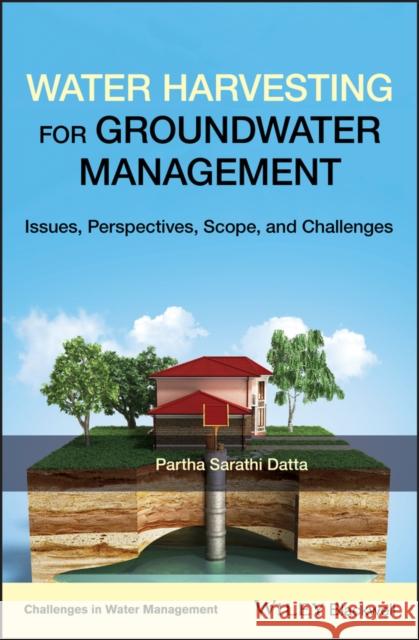Water Harvesting for Groundwater Management: Issues, Perspectives, Scope, and Challenges » książka
topmenu
Water Harvesting for Groundwater Management: Issues, Perspectives, Scope, and Challenges
ISBN-13: 9781119471905 / Angielski / Twarda / 2019 / 224 str.
Kategorie:
Kategorie BISAC:
Wydawca:
Wiley-Blackwell
Seria wydawnicza:
Język:
Angielski
ISBN-13:
9781119471905
Rok wydania:
2019
Numer serii:
000799397
Ilość stron:
224
Waga:
0.59 kg
Wymiary:
24.38 x 16.51 x 1.52
Oprawa:
Twarda
Wolumenów:
01
Dodatkowe informacje:
Bibliografia
Glosariusz/słownik
Glosariusz/słownik











